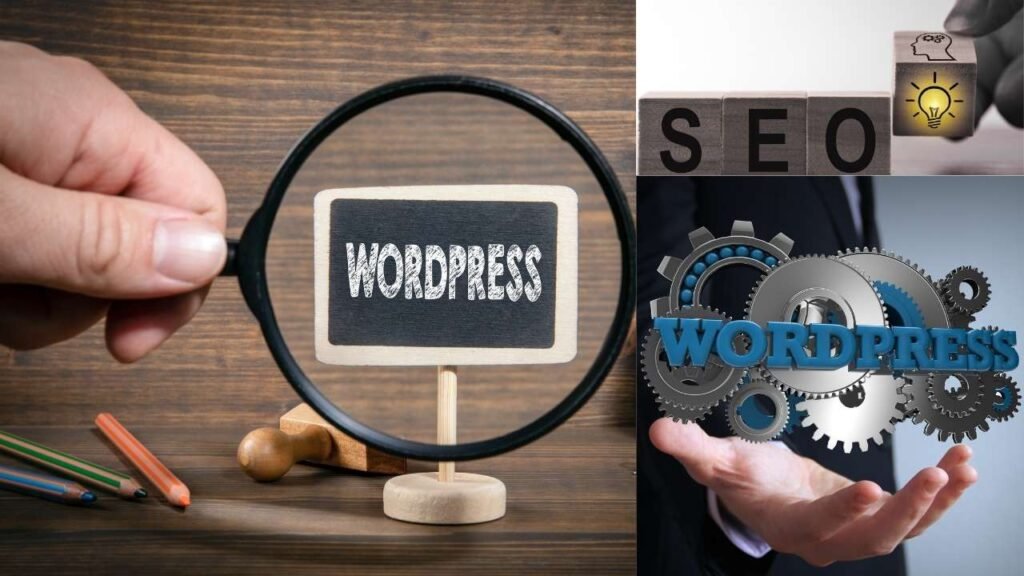So here is the basic overview of what you will need to do for WordPress development.
Step 1: Select a Domain and Web Hosting
Choose a unique domain and a reliable web hosting that offers WordPress installation. The most popular hosting companies are Bluehost, SiteGround, and WP Engine.
Step 2: Install WordPress
This is easy because almost all hosting providers offer 1-click WordPress installation. When the installation process has finished, you can see your dashboard at yourdomain. com/wp-admin.
STEP 3: Decide on the Appropriate Theme
Find the best WordPress themes listed in the Directory, or choose from premium options available on platforms such as ThemeForest. Deploy the theme that seems suitable for your business/ brand and activate it.
Step 4: Install Essential Plugins
Use performance pluginsTake advantage of the ability to add any plugin that will help your site perform, function or be secure. Must-have plugins include:
- Yoast SEO or Rank Math (SEO)
- Elementor (drag-and-drop page builder)
- WooCommerce (for eCommerce websites)
- WPForms (contact forms)
- Wordfence (security)
Step 5: Customize Your Website
Set your brand colors, logo or use the WordPress Customizer or (in the page builder) set up menus and widgets. This is what sets a website apart.
Step 6: Publish Content
High-quality pages: Home, About, Services, Blog, Contact Post your thoughts and articles to drive traffic back to a blog.




